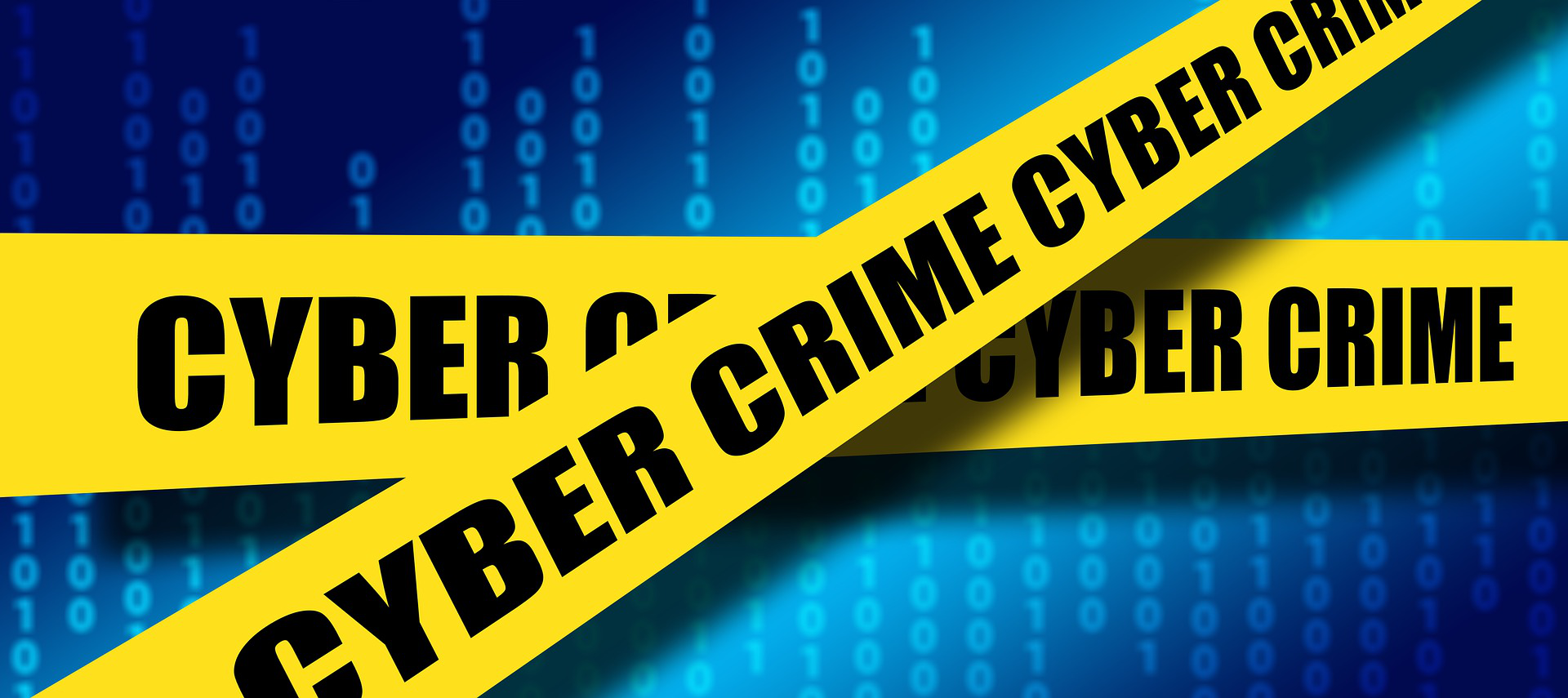Cybercrime has risen to dizzying heights over the last few years. According to research by the online security company, EveryCloud, we were looking at $445 billion dollars last year alone. The company also identifies human error as one of the leading causes of data breaches.
A great anti-virus system doesn’t make much of a difference if an employee downloads an infected file or clicks on the wrong link. In most cases, this is an innocent error. The employee may not even realize that they’re doing anything that might harm your business.
Security awareness training can help them understand the risks and guard against them.
What is Security Awareness Training?
A general answer is that this training will equip you and your employees with the knowledge needed to combat cybercrime.
What Will You Learn?
The training covers a lot of ground. The information you’re provided with may vary depending on the company conducting the training. Typically, though, the training will include the following:
Information on the most common kinds of attack vectors
If you thought that malware was all you had to worry about, you’re in for a shock. Phishing is also an extremely effective way of securing information from unsuspecting victims.
Tips on recognizing dodgy websites and emails
How do you know when an email is legitimate or not? The truth is that some of these phishers are so good that you might never even realize that they’re not legitimate. The training will teach you how to recognize these emails and signs that point to a site loaded with malware.
Phishing tests
These are when a fake email is sent out to staff members at random. This helps you to assess how effective the recipient is at identifying these emails. The idea being, naturally, to help identify those who need a little extra training, not to get them into trouble.
Best practices when it comes to creating a more secure network
We’re not helpless in the fight against cybercrime. There are a number of ways to make your network safer. The trainer will go through these with you.
How to create strong passwords
This one is fairly easy – choose a password that is at least 16 characters long. Make sure that it doesn’t spell any real words and incorporate a good mix of the different types of characters on your keyboard. A good example would be !Ja15b38%Ck8nl0&x. It’s a mouthful, but it’s also a lot safer than ABC123.
Making sure that your antivirus and OS is kept up to date on all devices
It seems strange in this day and age to have to remind people of this. That said, a lot of people need reminding. Keeping your antivirus system and OS system up to date means that you always have the best level of protection. Updates allow definitions for new viruses to be added. Without the update, you’re not protected from these newest viruses.
Being careful when using personal devices for business
If you’re using your smartphone for business purposes, your device’s protection is really only as good as the manufacturers made it. If there’s a bug in the coding, this could be exploited by hackers.
Verifying the source of any email before clicking on links or supplying information
Again, these phishing emails are designed to look exactly like the real thing. It’s safest not to click through to the link provided in any email but to rather find the site yourself on your own.
Creating backups
You’ll want at least one backup to be off-site. Cloud storage is a convenient way to make this happen. You should also have one backup that is stored separately from your system. By having two backups in separate locations, you’re protecting your data from more than just hackers. If the office burns down, you’ll still have options.
And a lot more besides
The trainer will also include other tips and tricks to help you keep your data secure.
My Company is Too Small to Bother
It’s true that the hacks that we’re most likely to hear about are the big ones. It’s a lot more interesting to read a post about the Capital One hack where so many people were affected than reading about the coffee shop being hit by a ransomware attack.
But for hackers, small businesses provide an easy target. Small businesses don’t have the funds to invest in top-notch security systems. They’re also less likely to have set policies and training in place to minimize the risk. A large company, for example, might have software to block social media sites. A smaller company might not feel it’s necessary.
It’s easier for a hacker to gain access to a smaller company than it is a large corporation. And they don’t even have to physically attack the system themselves. You know how in Hollywood movies you see hackers furiously typing in code to take down one firewall after the next.
In reality, that kind of hack is not often required. Most of the time, all they need is a simple piece of malware.
Final Notes
Protecting your data and your client’s data is of paramount importance to your company. Even if a hacker doesn’t steal a cent, they can do a lot of damage with client and staff information stored on your computer.
And, sometimes, the goal is not to steal data, but rather to lock you out of your system. In that case, the hacker demands a ransom to restore your access. Restoring access without paying up can be difficult and very expensive, if it can be done at all.
At the end of the day, security awareness training is essential. It can teach you and your employees how to effectively manage risk and guard against attacks.


